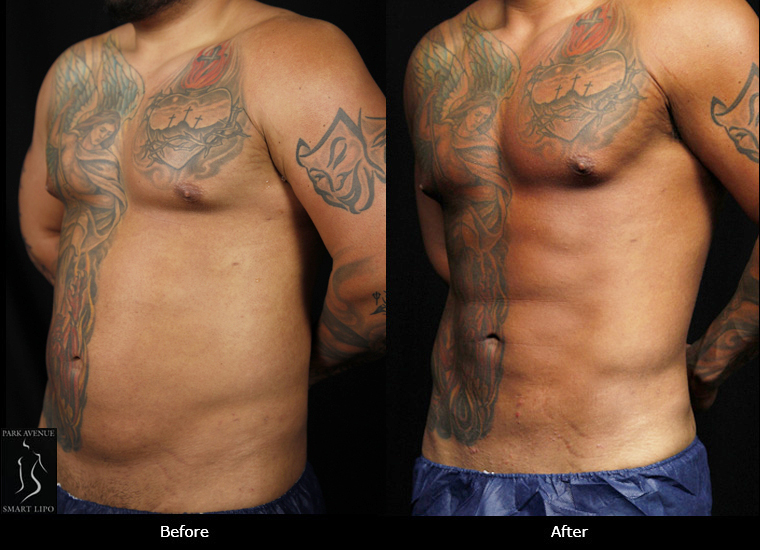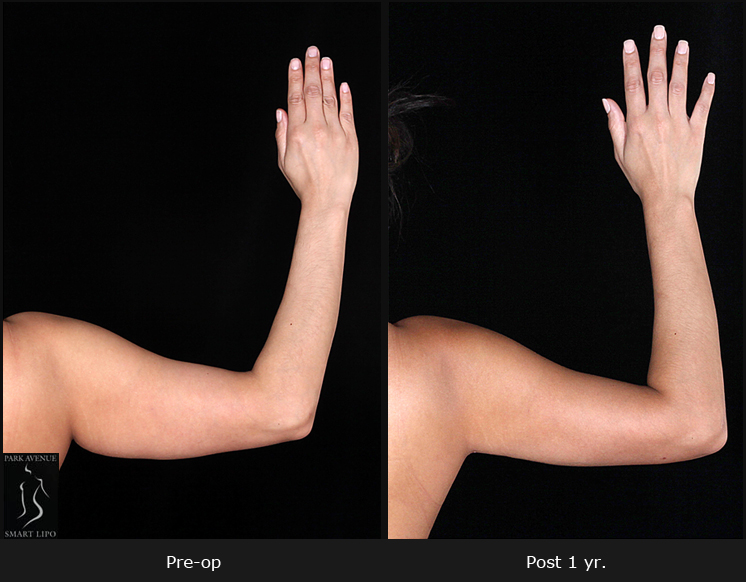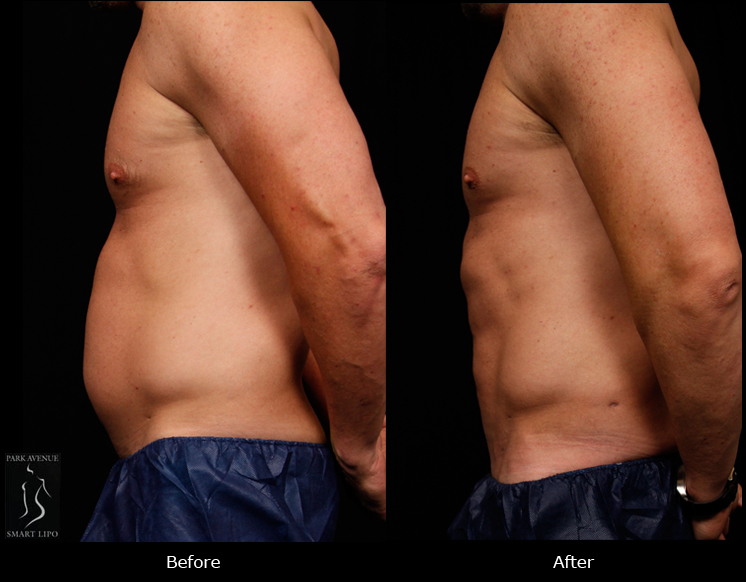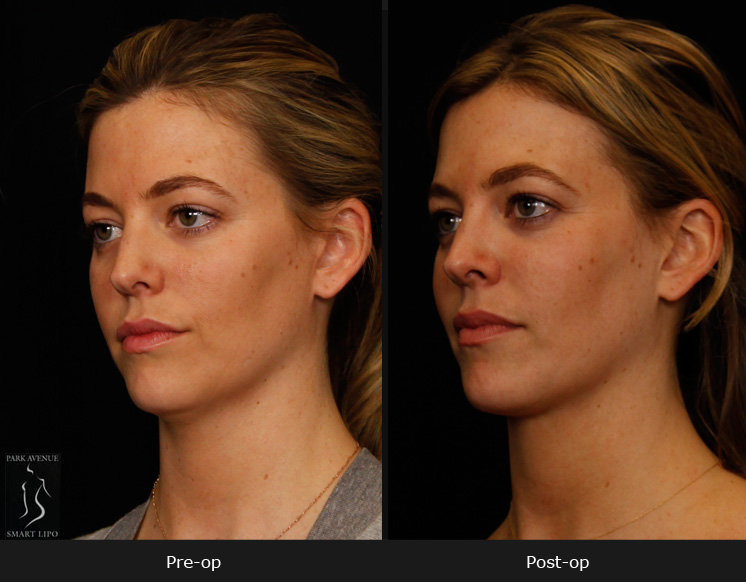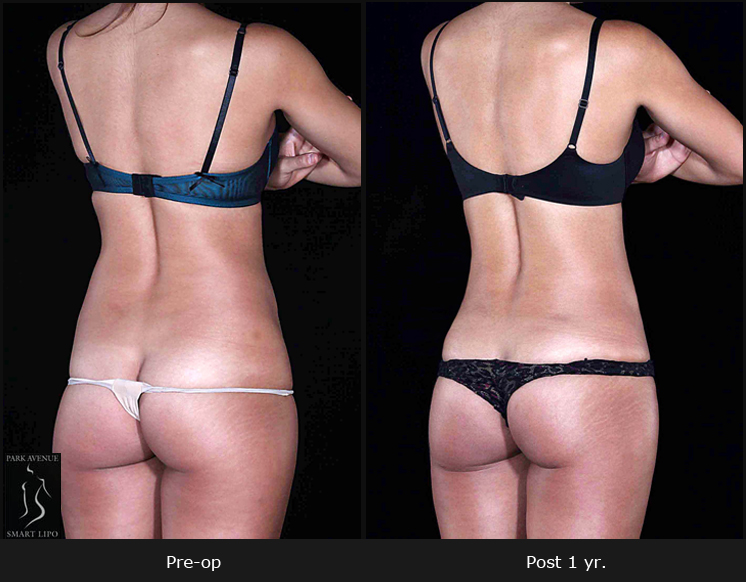Dietary intake and weight control are the subjects of much research and debates continue to rage on what types of diet is best for weight loss – low-fat diets or low-carb diets. According to a new study by researchers at the Brigham and Women’s Hospital in Massachusetts, low-fat diets do not result in greater long-term weight loss than other slimming regimes.
These new findings can have a major impact as they are not based on a single study but on a review of 53 scientific studies covering nearly 70,000 adults in several countries. This is bound to make people on a low-fat diet reconsider their strategy.
An article published by the Harvard T.H. Chan School of Public Health gives several reasons why a low-fat diet does not help weight loss:
- Over the past three decades in the U.S., studies showed that despite the decrease in the percentage of calories from fat in people’s diets, obesity rates have spiraled.
- Carefully conducted clinical trials reported that people on a low-fat diet did not lose weight more easily than those on a moderate- or high-fat diet. In fact, the participants in the study who followed moderate- or high-fat diets lost as much weight or in some studies more weight than those who were on low-fat diets.
- Low-fat diets don’t seem to offer any special benefits for disease prevention.
- Low-fat diets are usually high in carbohydrate from rapidly digested sources, such as white bread and white rice, foods which increase the risk of weight gain, diabetes, and heart disease.
All these findings are contrary to a recent small-scale study in the journal Cell Metabolism which reported that reducing intake of dietary fat caused obese people to lose more body fat than restricting carbohydrates. In fact, when it comes to health and weight loss, all fats are not bad. A Nurses’ Health Study found that increased consumption of healthy fats, namely monounsaturated and polyunsaturated fat, did not cause weight gain, while increased consumption of unhealthy trans fats and saturated fats did.
Obesity is a major problem in many countries across the world and so the quest for a solution will continue. Energy intake or the number of calories consumed a major determinant of weight loss rather than the relative percentage of the fat and carbohydrates in your diet. What’s important is adhering to a healthy diet with a proper balance of fats and carbohydrates as also exercising more. If you eat more than your body burns your weight will go up and vice versa.
It’s not just about obesity – even people who are close to their ideal weight strive to lose stubborn fat to achieve a trim, well-shaped body. When diets and exercise fail to produce the desired results, more and more men and women are choosing to have liposuction to attain the body of their dreams.

